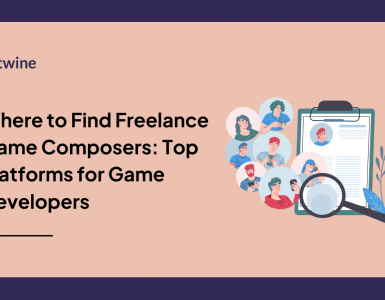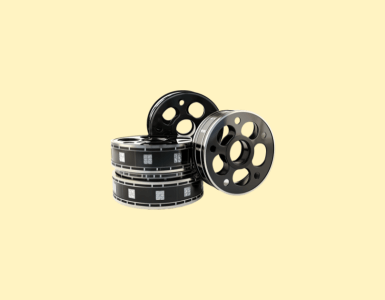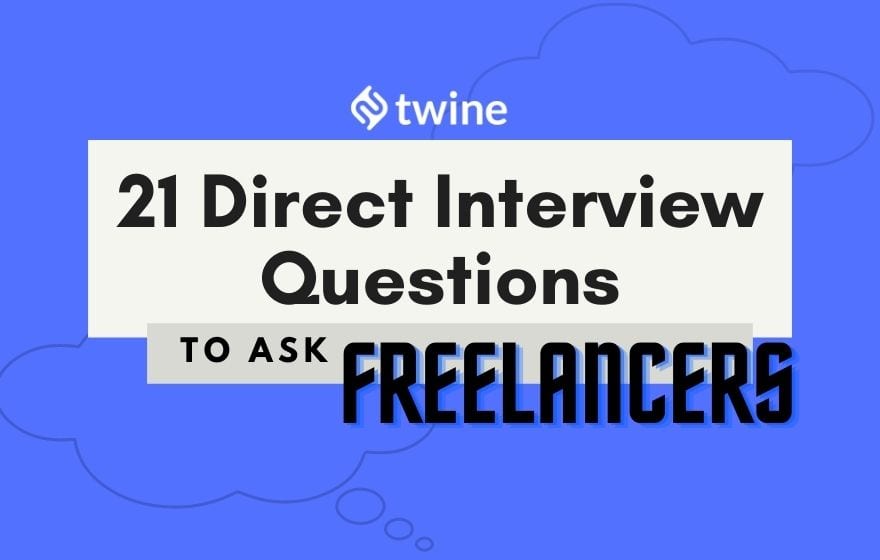
Before you dive headfirst into hiring the first freelancer you happen upon, you should probably have some direct interview questions ready to ask…
Sure, their portfolio looks great, and they’ve got glowing testimonials from previous clients. But, are they definitely right for YOUR project?
A lot of what a freelancer does happens remotely, and in the current climate, it’s an ever-growing economy. However, just because it’s remote, doesn’t mean it’s a barrier to conducting a quick preliminary interview.
Using Skype or Slack are quick tools to help you ask your freelancer a few introductory questions (to help you get set up, we’ve given you 21), and figure out if they’re the right freelancer for you.
How & Where They Work:
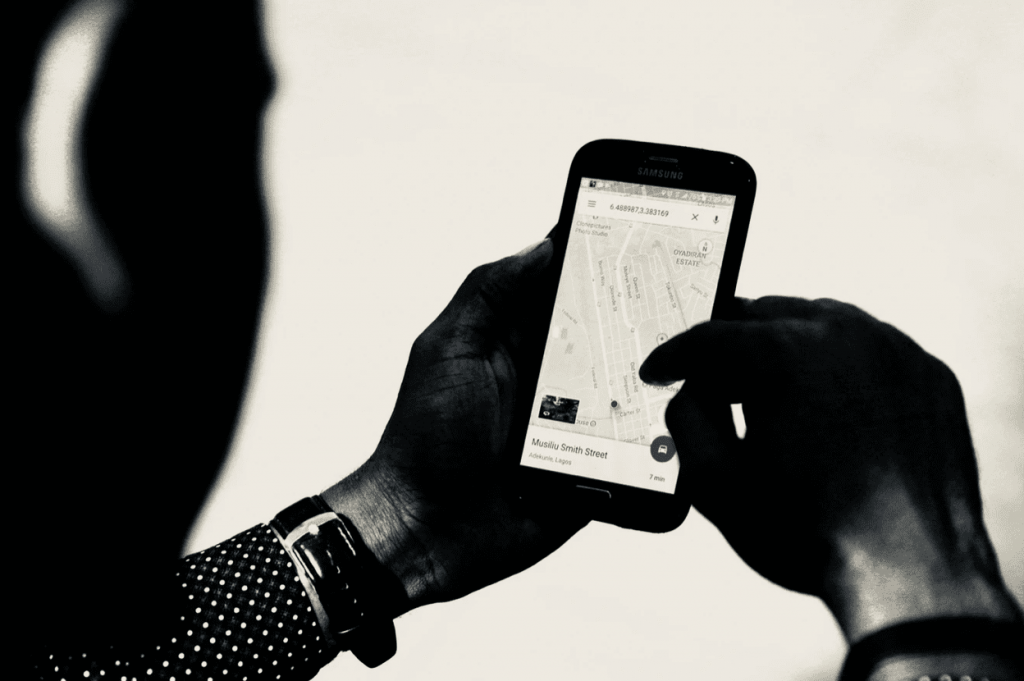
One of the first things you should find out when scouting for freelancers is whether their way of working fits with yours. Remember, not everyone works in the same way, so asking direct interview questions that cut straight to the chase, is key.
1. “Where are you located?“
One of the must ask interview questions – if you ask us!
If your freelancer is remote, you need to find out what time zone they’re in. If you’re working with someone who’s always alseep when you’re in the office, will it or won’t it make your project suffer? You get to decide.
Also, if they’re overseas, will language be an issue?
2. “What hours do you work?”
What’s a freelancer without a flexible work schedule? One of the greatest things about being a freelancer is freedom, with most freelancers straying away from a 9-5 schedule.
You might find your freelancer is a bit of a night owl, working away into the early hours. Or, perhaps they start work early, and finish their working day in the mid-afternoon. They may also work different days to you, so it’s vital you get all of this out in the open before hiring a freelancer.
3. “How will you manage the project remotely?“
This is probably second nature to your freelancer, but in the event that it isn’t, it’s a worthy question to ask.
Communicate with your freelancer on how they intend to manage your project without being in the office with you. From there, you’ll get a good idea of how they’ve dealt with previous remote projects.
4. “What internet speed do you have?“
An often overlooked aspect of remote working – but a crucial one. We privileged folks in the West sometimes forget that not everyone has super-fast internet connectivity like we do…
When you’re trying to manage a project, there’s nothing worse than a choppy video conference, or a final project file that takes hours to upload.
If your freelancer isn’t sure, get them to test it on one of the many free tools available (simply typing “internet speed test” into google allows you to run an immediate internet speed test!)

Pricing and Payment:
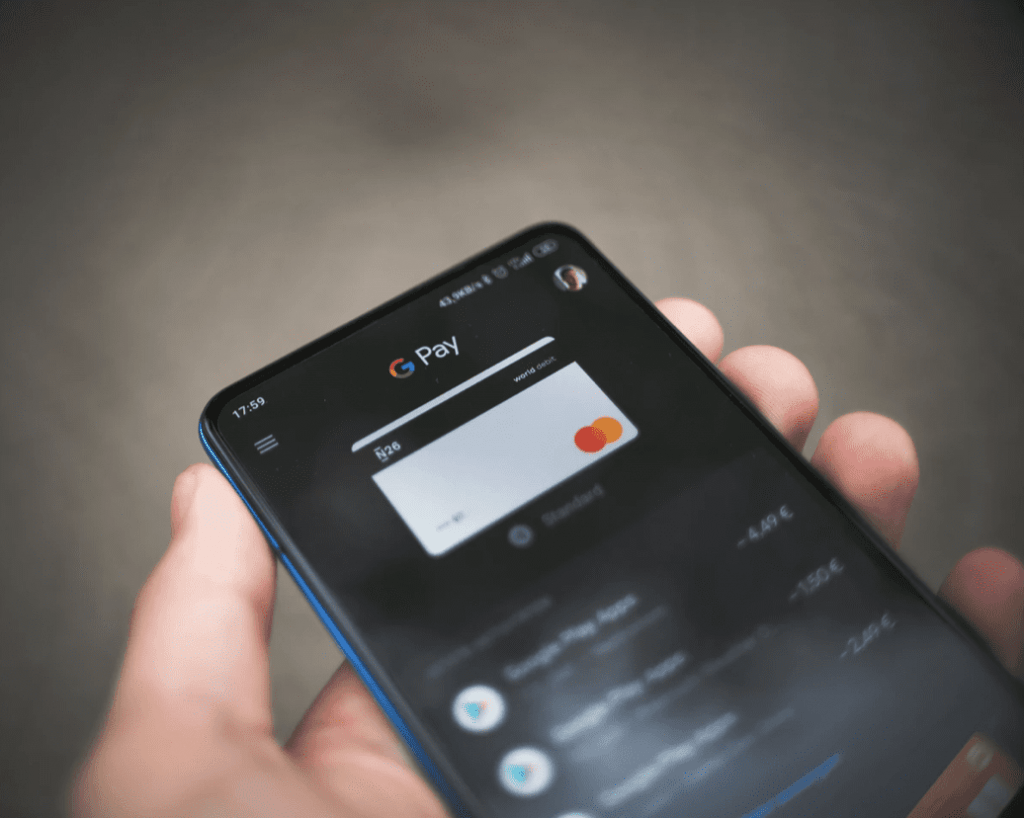
Standard client interview questions will usually hit on the topic of payment. However, it’s important to know that every freelancer has different needs and requirements when it comes to pricing and payment.
So, when you’re planning your direct interview questions, make sure these are among the batch…
5. “What’s your pricing structure?“
Will your freelancer charge an hourly rate or a per-project fee for your project?
You should also find out how your freelancer likes to be paid – figuring out what payment method your freelancer prefers.
6. “What’s included in the cost?”
If your project includes additional extras, find out if they’re covered in the quote. For example, stock photography, hosting, printing etc. You should also find out if the price you’re quoted includes revisions or drafts.
Speaking of revisions…
7. “How are revisions settled?”
If revisions/amends/changes aren’t included in the cost, how are they charged? How many rounds of revisions will the freelancer do?
8. “When are you available?”
Freelancers often have several projects on the go at once.
However, it’s not up to you to figure out their schedule for them – ask them if they’re also working on projects for other clients, and you’ll get an idea of their current workload. They wouldn’t have offered to help with your project if they didn’t think they could do it, although, you shouldn’t expect them to be at your beck and call 24/7.

The Project:
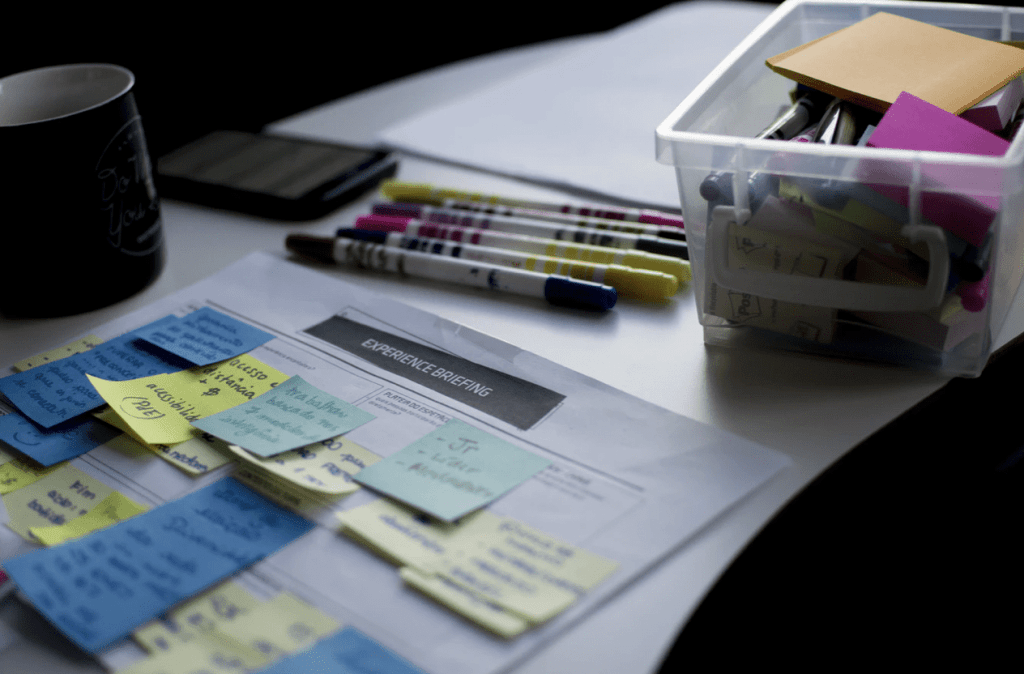
In order to find out how your freelancer works, you don’t need to hound them with tough interview questions designed to get under their skin. Instead, ask your freelancer direct interview questions that are specifically about your project and how they’ll complete it.
9. “What skills could you bring to the project?”
By asking this, you’ll see whether they have a good understanding of your project – i.e. what’s going to be required of them. They should also demonstrate a solid grasp of your project’s needs and any issues they could encounter.
Essentially, you’re re-wording the classic “Why are you the best person for this job?” question.
10. “Will you be fine hitting the deadline?“
Being available doesn’t always mean they’ll be able to meet your deadline. When freelancers are juggling several projects, they should keep their client (you) completely aware of what’s going on.
If your freelancer is proving hard to contact, that’s a whole different ball game (although we have a full-proof article on how to gain back control!)
11. “What’s your process like?”
Ask them about how they actually go about completing work – as, once again, it won’t be the same for every freelancer.
Maybe your freelancer is a complete morning person, and get’s all of their work done before 10am. Or, you could be dealing with a night-owl, who sends you over project updates in the early hours.
Either way, if they’re handling deadlines on time and are quick to respond to revision requests, you’re dealing with a professional – no matter the schedule.

Work History and Experience:
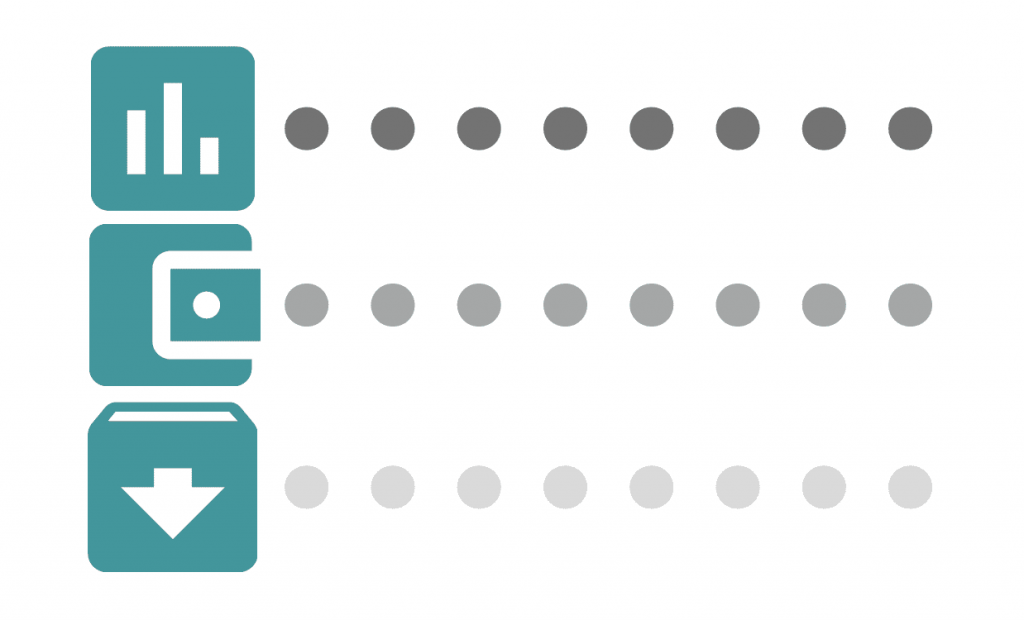
Get to know a little bit about your freelancer’s work history, asking types of questions designed to find out if they have the right experience for your project.
12. “How long have you been freelancing?”
Don’t get us wrong – this is very different to the question asking about the freelancer’s skills.
Here, you’re finding out how used to the freelancing lifestyle your creative candidate really is – are they a junior or a senior? Have they been full-time freelancing for over 10 years? The answer to your question should let you know what type of guidance you may need to provide; a junior will probably need a few more pointers than a seasoned pro.
13. “What kind of projects do you usually work on?”
This question will allow you to find out where their specialism lies.
If they work on projects like yours all the time, then great, you probably have yourself a smooth-sailing project. Whereas, if they’re slightly new to your project, it’s up to you to decide whether their specialism is in the right place.
14. “Can I see examples of your previous work?”
Now, if your freelancer is a user of Twine, they’ll already have a fab portfolio set up for you to browse.
However, let’s say you’re using a different platform (boo!) and you come across a freelancer who has a limited portfolio. Look at the type of projects they’ve completed and the quality. Can you see examples of similar projects to yours?
15. “What tools do you use?”
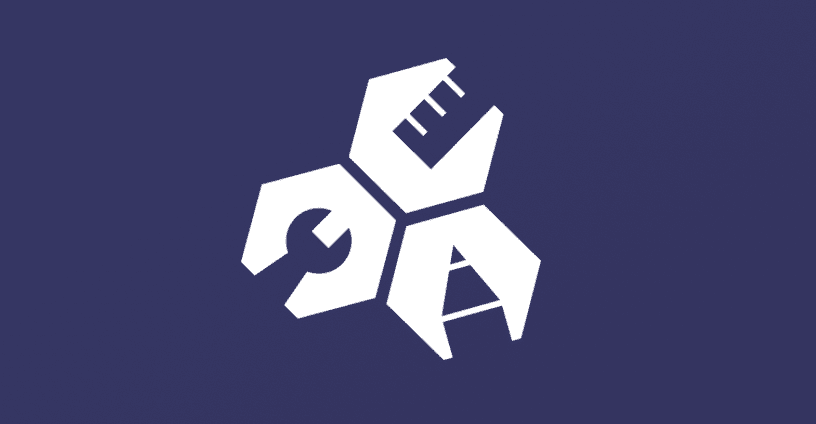
As a freelancer, their toolkit should be professional, industry-standard and suitable for your project. If not, bring this up with your freelancer so they can discuss different options.
If you’re a freelancer looking for some 100% Twine and freelancer approved creative tools, check out our free toolkit here – packed full of tools and guidance to get you freelancing, the right way.
16. “What was the last project you worked on that you were proud of?”
You’ll hear about the kind of projects that this person really enjoys and, subsequently, excels at. If those projects are similar to yours, it’s a great sign they’ll be as enthusiastic when working with you!
17. “What feedback have you received from previous clients?”
Again, Twine has covered this for you, by providing handy testimonials on all of our freelancer portfolios. When working with a freelancer, you should always be leaving reviews – remember, this is your freelancer’s career.
If your freelancer has done a great job with your project, the least you can do is provide them with a positive review to help them gain more clients further down the road.
So, when you’re browsing previous client testimonials, look out for strengths and weaknesses. Do they deliver quality? Are they good at communications? Were any problems highlighted?
Also, make sure you’re checking that the client is a reliable and authentic source, not just someone trying to help their mate out…
18. “Have you ever had a client end their collaboration with you?”
This is the question that allows you to find out if there were any serious problems in the freelancer’s work history.
Although, it’s important to mention that a client may end a relationship for an entirely neutral reason too. Just make sure!

Legal stuff:
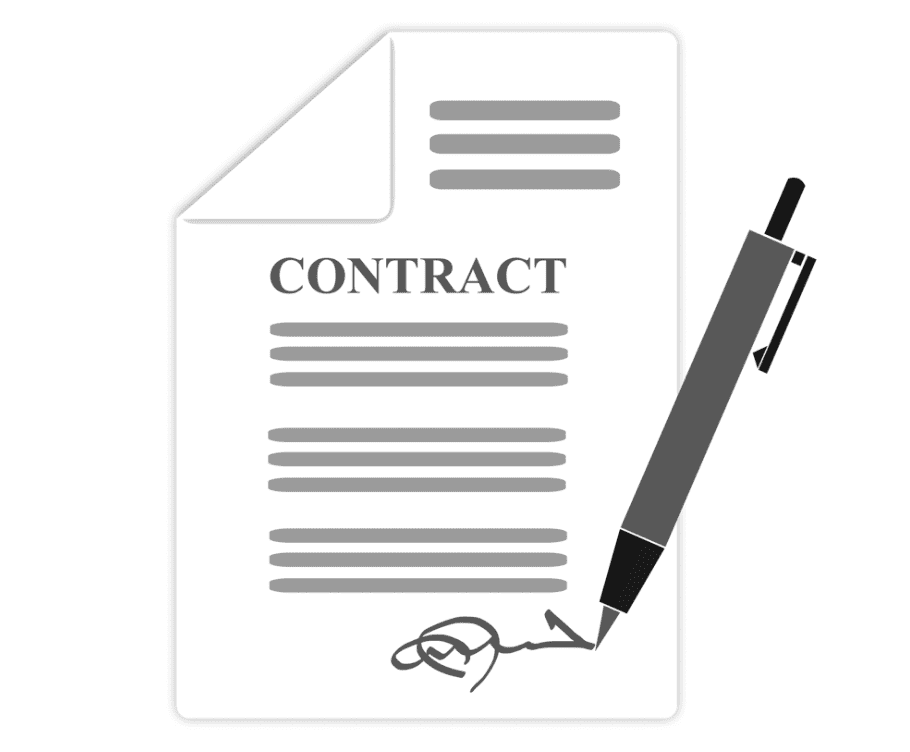
Then, you get down to the nitty-gritty, the hard questions to answer, the direct interview questions that are absolutely essential – the legal stuff.
Draw up a contract
It’s often a good idea to draw up a contract that outlines the details, requirements and scope of your project for both parties to sign. Our article on constructing a contract will help you with this process.
19. “Who owns the work?”
As part of your contract, you should also discuss who will own the work – during the project and once the work has been handed over. We told you this bit was nitty-gritty!
Our article on intellectual property goes into this discussion in more detail.
Misc:
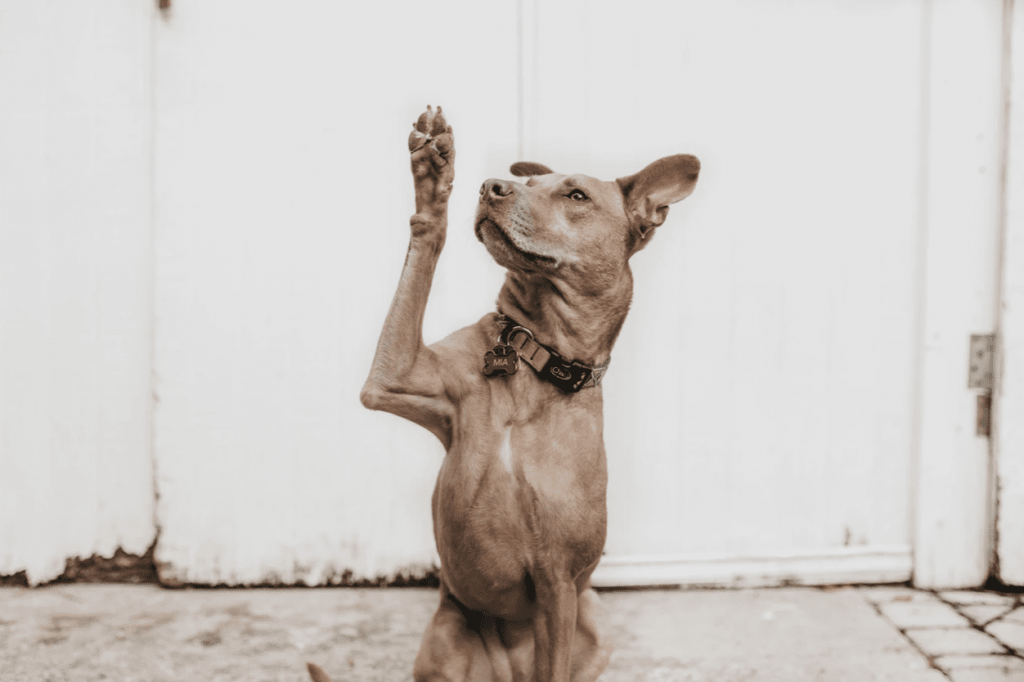
The final interview questions fall into the misc category – although they don’t have a specific theme, don’t be fooled, they’re still equally essential.
Also, you might also have industry-specific questions you need to ask, so do some research beforehand.
20. “Do you have any questions about the project?”
This gives your freelancer the chance to ask any lingering questions that may have that you haven’t already established. They could be brief questions about colour or perhaps deep, contextual questions about the project’s meaning – who knows? Just make sure you have the answer.
You’ll also get an indication about how confident they are, or how well they understand your project or company – so don’t skip this one!
21. “Tell me a bit about yourself!”
This one’s easy and allows the freelancer to answer the question in more of a formal, less strict style.
Give your freelancer a chance to talk about themselves and you’ll get a good idea of their character and personality. You’ll be able to do better work together if you forge a good working relationship.
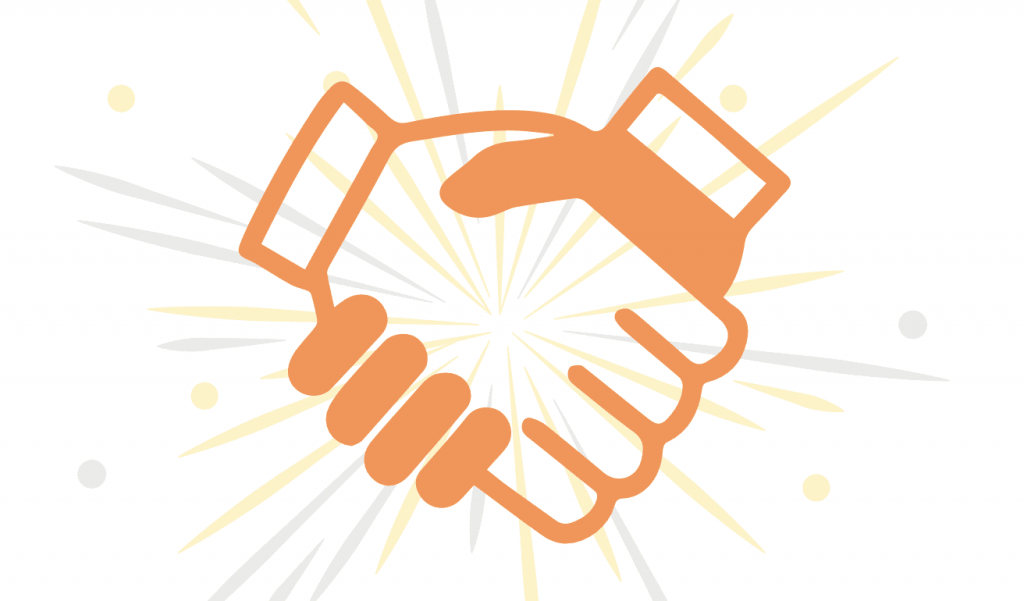
We hope you enjoyed our article the kinds of direct interview questions you should be asking your freelancer. Want to hear more about hiring freelancers? We have a whole range of articles ready to help you on your outsourcing journey.
Ready to hire? Our marketplace of over 410,000 freelancers have the skills and expertise needed to skyrocket your business to the next level. From marketers to designers, copywriters to SEO experts – browse the talented bunch here!


